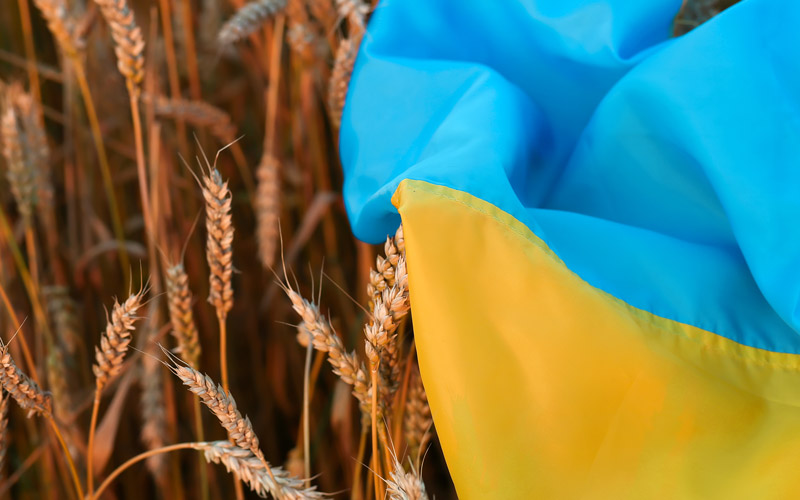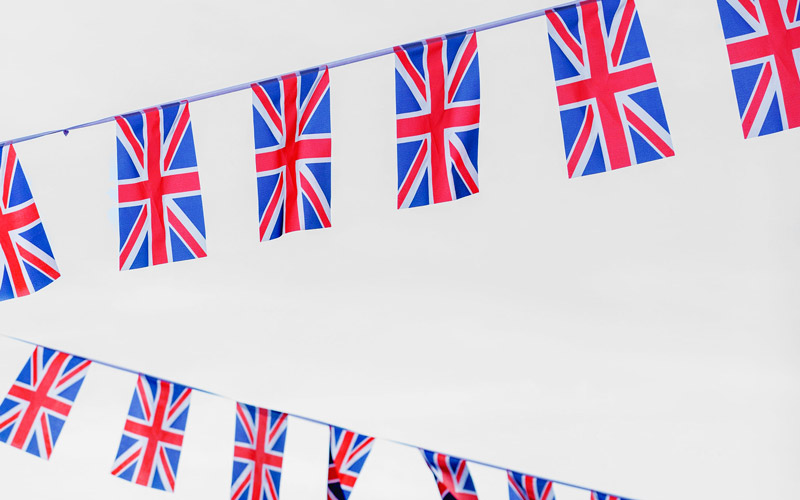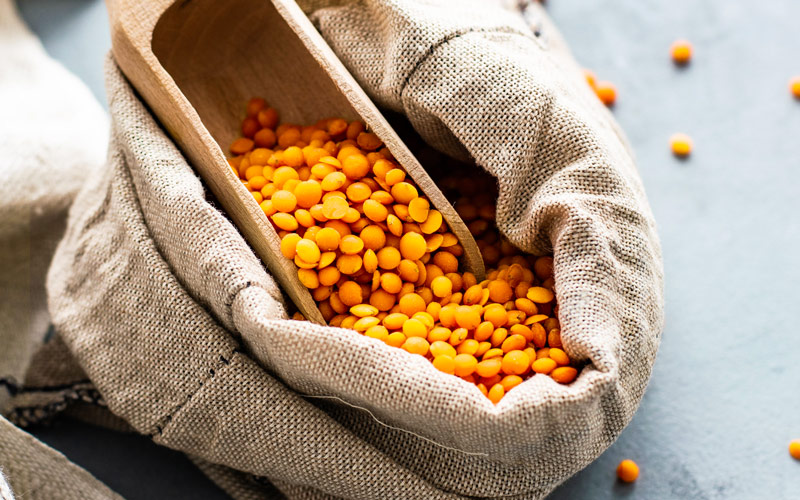Paying the price for Putin’s war

The invasion of Ukraine is appalling. How matters will pan out remains to be seen. But it’s difficult to be optimistic about what it’ll take for Putin to fail and for a new normality to return.
Putin may have underestimated the coordination and resolve of “The West” to resist his imperialist advances. Time will tell how matters pan out in Ukraine and Russia in this respect as sanctions build and start to bite. That said, major nations like China, India and Saudi Arabia have not taken a firm stand against his barbarism, for whatever reasons.
Those Western sanctions have already had major implications for the cost of commodities, notably energy and wheat, that are starting to feed into the domestic food system. In isolation the increase in crude oil, gas and wheat prices would be challenging enough for the British food supply chain. However, the current step up emerges as the UK deals with the price of full employment and labour shortages (1.3m vacancies), already elevated oil and gas prices, and relatively low global stock-to-use ratios for wheat.
At the start of the year I said that any significant shock to the wheat growing season in 2022 could take prices to record levels. My thinking was based on potential weather related obstructions to yields across the northern hemisphere due to greater climatic volatility. Little did I consider the possibility of Russian tanks ploughing up the fields of the bread basket of Europe a few weeks later.
Ukraine accounts for circa 10% of global wheat output. Together with Russia and Belarus it’s in excess of 30%. Bearing in mind that most of the northern hemisphere harvest has not been planted yet, any further disruption to output in 2022 could take the price of this cornerstone into wholly new territory.
The geopolitical implications of such a development should not be underestimated. The Ukraine is a key supplier of milling wheat to North Africa and the Middle East. Countries such as Egypt understand the importance of affordable key food commodities to stable social order.
As such, they’ll be worried about and taking steps to secure supplies, which by definition fuels pricing. This also impacts other key arable crop markets such as maize and soy and therefore feeds into the meat sector, particularly the more intensive pig and poultry sectors.
For shoppers closer to home there’s a tough triangle to embrace of rising food, home energy and motor fuel prices, especially those on the bread line. Brent crude oil is touching USD120/barrel, which will equate to forecourt fuel prices rising well above 150p/litre. Households are also faced with gas and electricity bills that are thousands not hundreds of pounds higher year-on-year. Food inflation, that I felt would rise by circa 4% in 2022, peaking at 5-6% by late spring, could rise much further, faster and for longer than previously expected, maybe 8-10%.
In a very competitive British food industry, the pricing environment will reflect the rising cost of goods and operations. Whilst supermarkets may see volumes fall as shoppers seek to save money, their bigger fear is trading down – an entry price can of baked beans in the basket rather than a premium one. Hence, we see the supermarkets now facing higher distribution and heating costs that could lead to some margin pressure.
The drive to prevent trading down is likely to mean that those supermarkets will also be ducking and diving to mitigate the inflationary pressures and so rising the squeeze on incomes. As such, suppliers that are also facing elevated energy, commodity and labour costs will also need to pay special attention to cost control, tactical and strategic (automation and digitisation) as well as cash management. As with the grocers though, a trade that has already absorbed an awful lot of inflation will be concerned about the next levels derived from Putin’s War.
These are worrying times. However, our concerns about input costs and margins need to be put into the context of a country being systematically destroyed and its citizens murdered – many fleeing good homes and jobs to survive. So, whilst challenging for British shoppers and businesses alike, current inflation is nothing to what the poor Ukrainians are facing. Of course Putin’s War is largely bad news for most British people and businesses. But, if Putin is to fail in his ambition then we’re all going to have to accept that there’s a price to pay, even if it is our loaves, our petrol tanks and our central heating.
Coriolis is an advisory business that works at the sharp end of operational improvement. Accessible, detailed and effective. Prior to Putin’s War I could already see the benefit of their good counsel for businesses seeking to be more effective within the context of rising energy and labour costs. With food commodities and energy now going up again, Mark Dudley and his team are even more relevant than ever. Give them a call to find out how.
Dr Clive Black
Senior Advisor to Coriolis Consulting
March 2022








